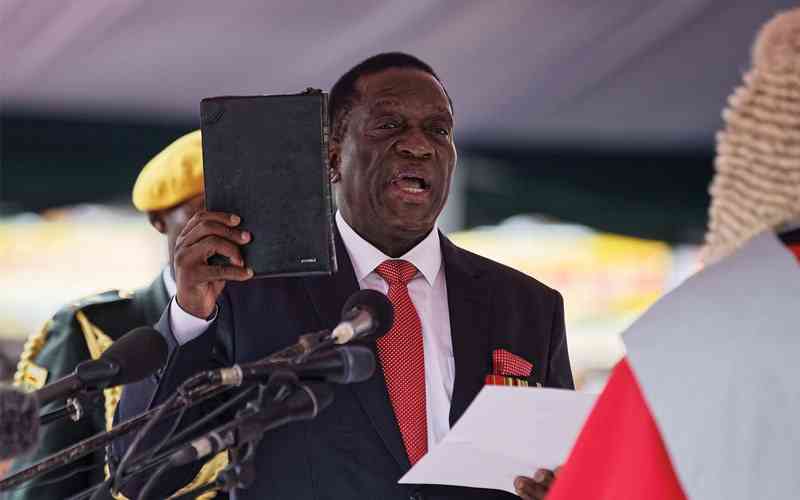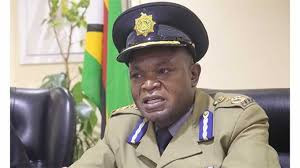
THE coming into power of the Second Republic in 2017 raised hopes among many that Zimbabwe would soon rise from the ashes, economically, and also move away from past political repression and turn more tolerant towards political dissent.
Unfortunately that is not the case. Instead, in the past month, political leaders have been hurling insults at each, in some instances using hate speech.
Some of these attacks have been broadcast live on national television, radio and other social media platforms, reaching millions of Zimbabweans across the country.
In the past two months, hate speech has reached high levels.
President Emmerson Mnangagwa’s charged speech while addressing small-scale miners in Gweru this week demonstrated that as a nation, Zimbabweans have learnt nothing from history.
“There are those who wish for violence every time there are elections, they are fooling themselves,” the President said.
“You will want to come and teach us democracy, musoro wambuya vako (to hell with you). Some have already released their results before the elections, they will not observe our elections…to hell with them.”
In a recent video that went viral on social media, Citizens Coalition for Change vice president Tendai Biti labelled fellow party members as snakes that needed to be killed – a reckless statement that could incite violence. Hate speech incites hatred, violence, racial and ethnic tensions, which Zimbabwe, already grappling with an economic crisis, does not need at the moment.
- Muckracker: ZIMSAT-1: Massive musical galas across country a must
- Zim diplomats sign performance contracts
- Middle-income economy by 2030 just pie in the sky
- Political ubiquity leaves Zimbabweans in a quagmire
Keep Reading
It is high time Zimbabwe adopts a new template where tolerance becomes the bedrock of every political engagement.
As it stands, prospects of peaceful elections are waning each time a political figure insults their opponents. Political leaders must take the lead in ensuring a violent-free election and desist from using hate speech.
Lack of restraint and continued vitriol against political opponents can create unnecessary instability, which may end in bloodshed. There are many examples where hate speech destabilised nations.
In Guatemala, a civil war, which broke out in 1960, later escalated to a genocide.
More than 200 000 Mayan people were killed during scorched-earth campaigns fuelled by soldiers against indigenous groups. The war in Bosnia-Herzegovina from 1992 to 1995 caused the deaths of 100 000 civilians. All these atrocities were tiggered by hate speech. Not forgetting the genocide in Rwanda. In December 2007 during a presidential election in Kenya, political parties were divided largely along ethnic lines.
Anger over election results erupted into political violence with ethnic overtones due to hate speech.
In Kenya, the media, particularly local-language radio stations, spread hate speech.
For Zimbabwe, it is critical that politicians make responsible statements to avoid a build-up towards a charged political environment that may trigger violence.






